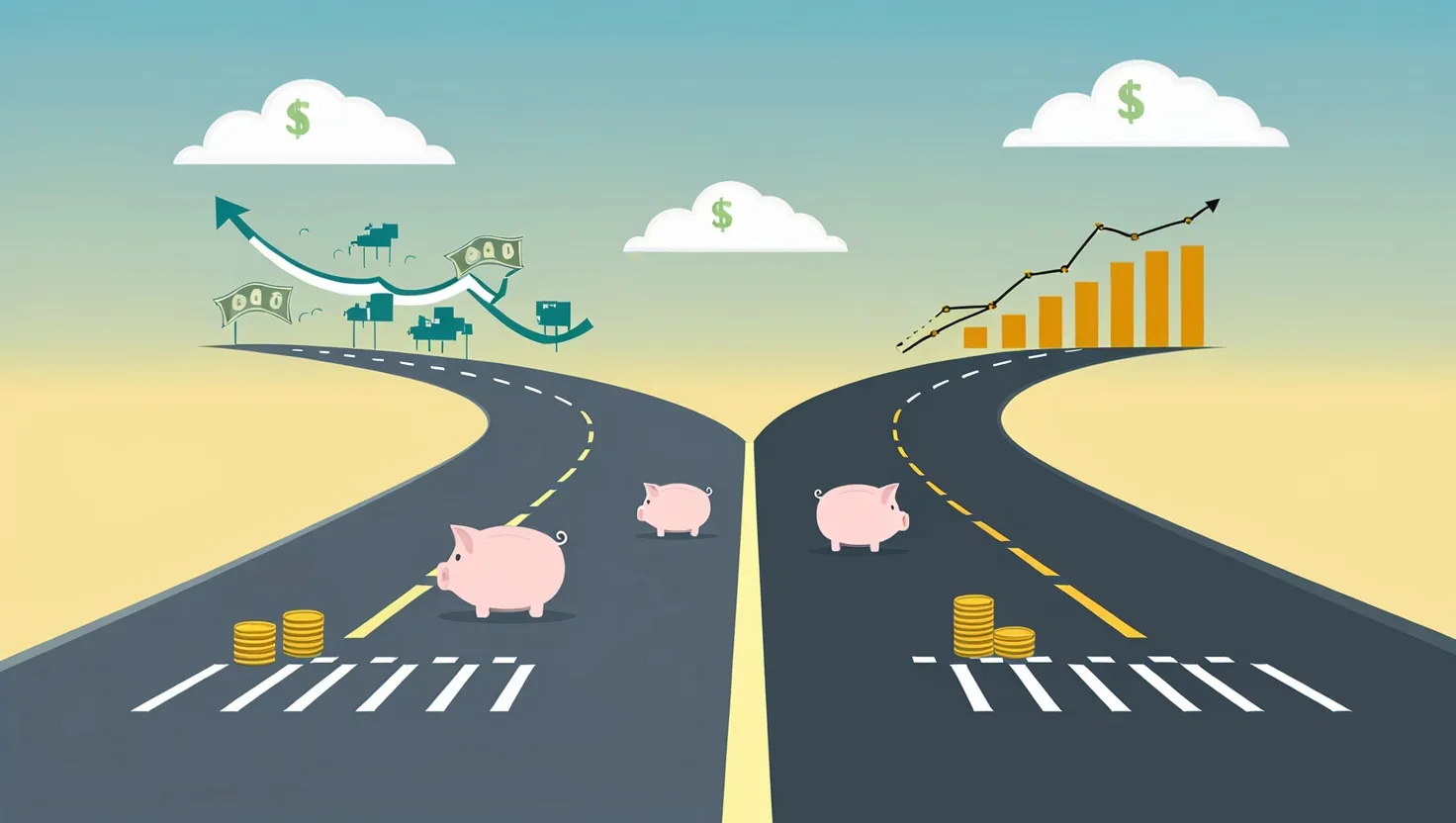When it comes to managing our finances, it’s easy to get overwhelmed by the grand schemes and lofty goals that often dominate financial advice. However, the truth is that it’s the small, everyday actions that can make the most significant difference in our financial health. These micro-habits, though simple, are powerful tools that can steer us toward a more secure and prosperous financial future.
The Power of Tracking Every Expense
One of the most impactful micro-habits you can adopt is tracking every single expense, no matter how small. It sounds tedious, but this habit can be a game-changer. Imagine knowing exactly where every dollar goes each month. This isn’t just about budgeting; it’s about understanding your spending habits and identifying areas where you can cut back.
For instance, if you’re someone who frequently grabs coffee on the go, tracking these expenses might reveal that you’re spending hundreds of dollars each year on something that could be made at home for a fraction of the cost. This awareness alone can prompt you to make smarter financial decisions. You can use apps or even just a small notebook to log your expenses. The key is to make it a habit, so it becomes second nature.
The 24-Hour Rule: A Pause Before Purchase
Impulse buying is a financial nemesis for many of us. To combat this, consider implementing a 24-hour rule for non-essential purchases. When you see something you want to buy that isn’t essential, wait 24 hours before making the purchase. This simple pause can help you determine if the item is something you truly need or just a fleeting desire.
This rule works because it gives you time to reflect on your purchase. Often, the desire to buy something is driven by immediate gratification rather than long-term value. By waiting, you’re giving yourself the chance to reassess whether the purchase aligns with your financial goals. It’s a small delay that can save you a significant amount of money in the long run.
Automating Your Finances
Automation is a powerful tool in personal finance. By automating your bill payments and savings contributions, you ensure that these essential tasks are handled without any effort on your part. This means you’ll never miss a payment or forget to save, which can lead to late fees and missed savings opportunities.
Automating your finances also helps in building discipline. When your savings are automatically deducted from your paycheck or bank account, you’re less likely to spend that money on non-essential items. It’s a way of forcing yourself to save without feeling the pinch, as the money is set aside before you even see it.
Monthly Subscription Review
Subscriptions and recurring charges can quickly add up and become a significant drain on your finances. From streaming services to gym memberships, these monthly deductions can be easy to overlook but hard to ignore when they accumulate.
Make it a habit to review your subscriptions and recurring charges every month. Ask yourself if you’re using each service enough to justify the cost. Cancel any subscriptions that don’t provide you with substantial value. This simple review can save you hundreds of dollars annually and help you allocate your money more efficiently.
Allocating “Found Money”
We all experience moments where we come across unexpected money – a tax refund, a bonus at work, or even just finding some cash in an old jacket. These windfalls are often treated as opportunities to splurge, but they can be much more valuable if allocated wisely.
Make a habit of allocating this “found money” to savings or debt repayment. Putting it toward your emergency fund or using it to pay off high-interest debt can have a significant impact on your financial health. It’s a way of turning unexpected gains into long-term financial benefits.
Practicing Gratitude for Current Possessions
Impulse buying is often driven by a desire for something new and exciting. However, this can lead to a cycle of constant consumption that’s not only financially draining but also environmentally unsustainable. To break this cycle, try practicing gratitude for the possessions you already have.
Take a moment each day to appreciate the things you own. Reflect on how they serve you and the value they bring to your life. This mindset shift can help reduce the urge to buy impulsively, saving you money and reducing clutter.
Daily Financial Education
Finally, educating yourself daily about personal finance can be incredibly empowering. Whether it’s through reading financial literature, listening to podcasts, or watching educational videos, taking a few minutes each day to learn something new can have a profound impact on your financial decisions.
This habit helps you stay informed about the latest financial trends, understand different investment options, and make more informed decisions about your money. It’s not about becoming an expert overnight but about gradual learning that builds over time. Even a short daily commitment can lead to significant improvements in your financial literacy and decision-making.
The Cumulative Effect
These micro-habits might seem small on their own, but their cumulative effect can be profound. By tracking every expense, implementing a 24-hour rule, automating your finances, reviewing subscriptions, allocating “found money,” practicing gratitude, and educating yourself daily, you’re creating a robust financial foundation.
It’s not about making drastic changes or adopting a completely new lifestyle; it’s about incorporating small, manageable habits into your daily routine. These habits work together to help you save more, spend less, and make smarter financial decisions. Over time, they can lead to significant improvements in your financial health and set you on the path to long-term financial security.
In the end, it’s the small actions we take every day that shape our financial futures. By embracing these micro-habits, you’re taking the first steps toward a more financially stable and secure life – one small step at a time.






